Digestive Disorders
Digestive disorders need natural solutions; your body acclimatizes to chemicals over time making it effective to treat digestive disorders. Instead of increasing your dosage try the Ayurvedic treatment for your digestive disorders. According to the Ayurvedic concept of digestion, Jatharagni or the digestive fire (Agni) digests food to provide nutrition or nourishment for the normal functioning of the body. Correct functioning of the digestive fire (Jatharagni) helps to restore health, while improper digestion initiates disease processes in the body.

Acid Reflux (GERD)
Acid reflux is a common condition that features a burning pain, known as heartburn, in the lower chest area. It happens when stomach acid flows back up into the food pipe. Acid reflux is also known as heartburn, acid indigestion, or pyrosis. It happens when some of the acidic stomach contents go back up into the esophagus. Acid reflux creates a burning pain in the lower chest area, often after eating. Lifestyle risk factors include obesity and smoking.
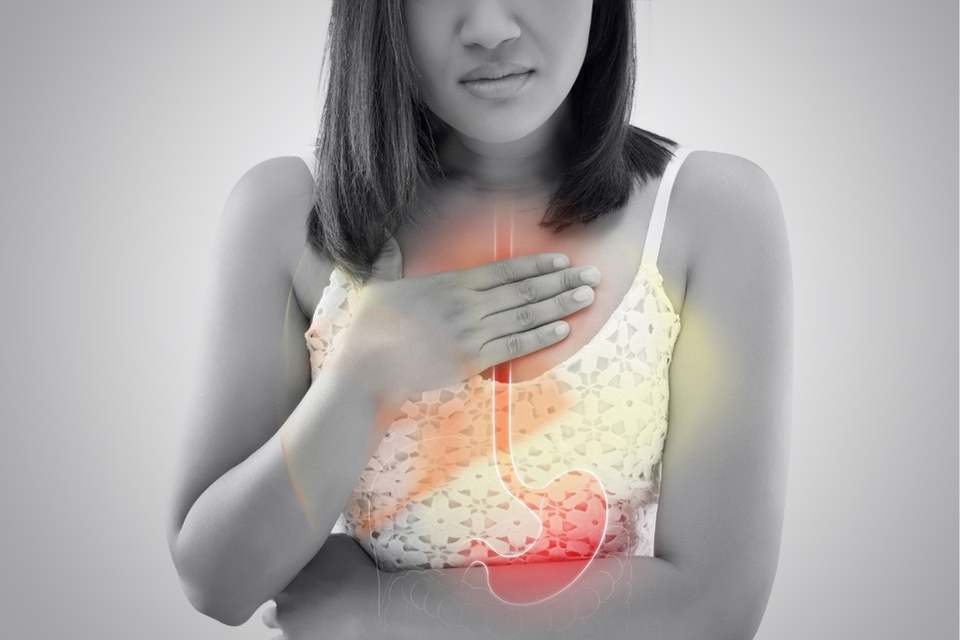
Anemia
Anemia happens when there is a decreased number of circulating red blood cells in the body. It is the most common blood disorder in the general population. Symptoms can include headaches, chest pains, and pale skin. It often results when other diseases interfere with the body’s ability to produce healthy red blood cells or abnormally increase red blood cell breakdown or loss.
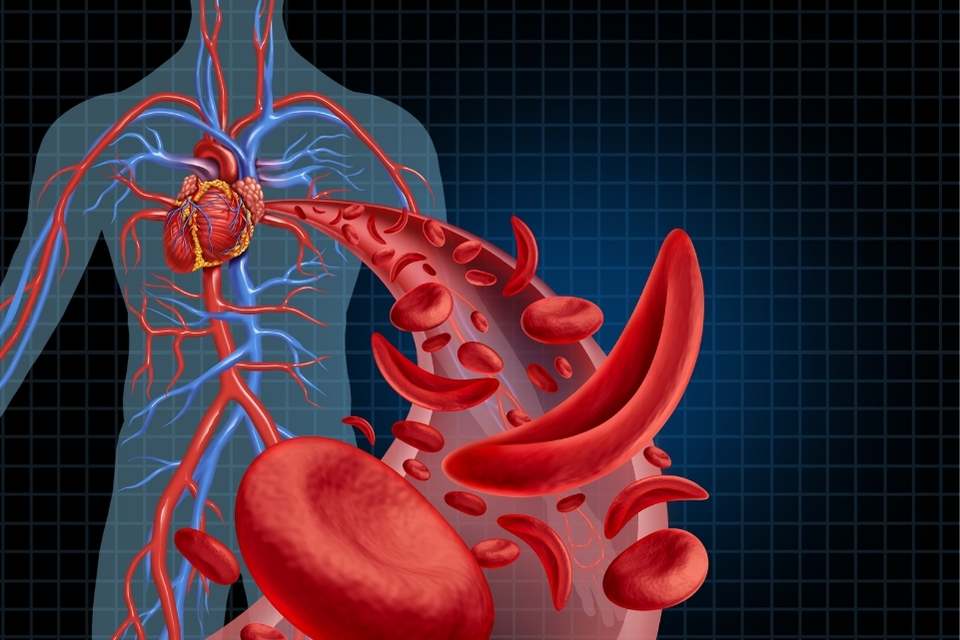
Anorexia nervosa
Anorexia nervosa is a psychological condition that involves an eating disorder. In the disorder individual loses more weight than is healthy for their height and age. The individual will maintain a body weight of 85 percent or less of their expected weight.Symptoms include a very low body mass index (BMI), a refusal to eat, and attempts to lose weight, even when body mass index is very low. It is thought to be triggered by a combination of biological, environmental, and genetic factors.

Chronic Fatigue Syndrome
Chronic fatigue syndrome (CFS) is a disorder characterized by extreme fatigue or tiredness that doesn’t go away with rest and can’t be explained by an underlyingmedical condition. The causes of CFS aren’t fully understood yet. Some theories include viral infection, psychological stress, or a combination of factors. Because no single cause has been identified, and because many other conditions produce similar symptoms, CFS can be difficult to diagnose.

Chronic Gastritis
Gastritis is when the lining of the stomach becomes inflamed or swollen. This usually happens after the stomach lining has been damaged. Gastritis that is long-lasting or recurring is known as chronic gastritis. Chronic gastritis is one of the most common chronic conditions and can last for years or even a lifetime if left untreated. A wide range of different conditions and factors are known to cause or contribute to the development of chronic gastritis. Resolving mild cases of gastritis can often be through the use of medication and lifestyle changes.

Coeliac
Coeliac disease or celiac disease is a long-term immune disorder that primarily affects the small intestine Classic symptoms include gastrointestinal problems such as chronic diarrhea, abdominal distention, malabsorption, loss of appetite and among children failure to grow normally. This often begins between six months and two years of age. Non-classic symptoms are more common, especially in people older than two years. There may be mild or absent gastrointestinal symptoms, a wide number of symptoms involving any part of the body or no obvious symptoms. Coeliac disease was first described in childhood. However, it may develop at any age. It is associated with other autoimmune diseases, such as diabetes mellitus type 1 and thyroiditis, among others.
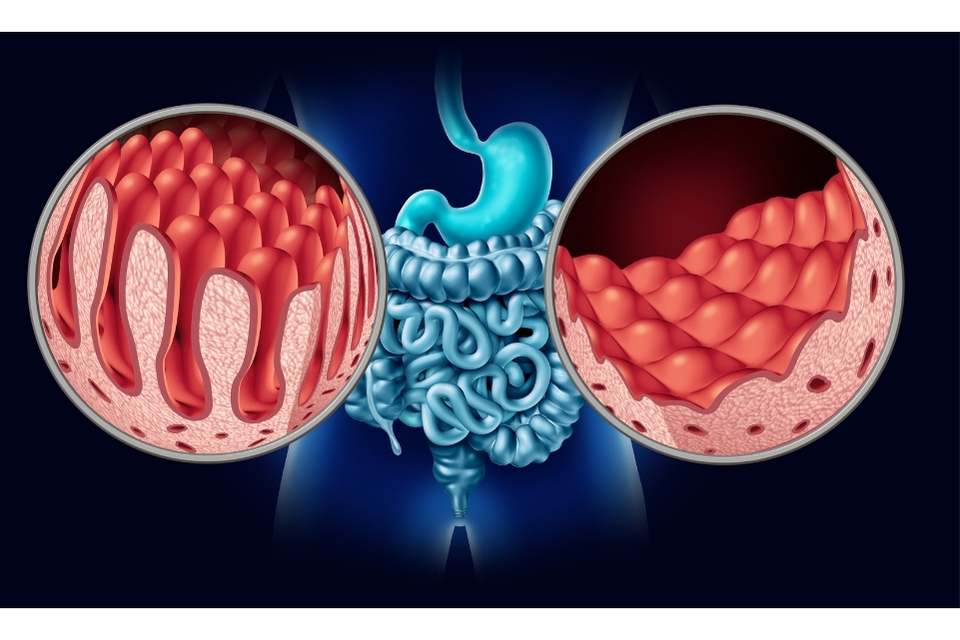
Ulcerative Colitis
Colitis is an inflammation of the colon, also known as the large intestine. While there are many causes of colitis including infections, poor blood supply (ischemia), and autoimmune reactions, they share common symptoms of abdominal pain and diarrhea. Ulcerative colitis is an inflammatory bowel disease (IBD) that causes long-lasting inflammation and ulcers (sores) in your digestive tract. Ulcerative colitis affects the innermost lining of your large intestine (colon) and rectum. Symptoms usually develop over time, rather than suddenly. Ulcerative colitis can be debilitating and can sometimes lead to life-threatening complications.
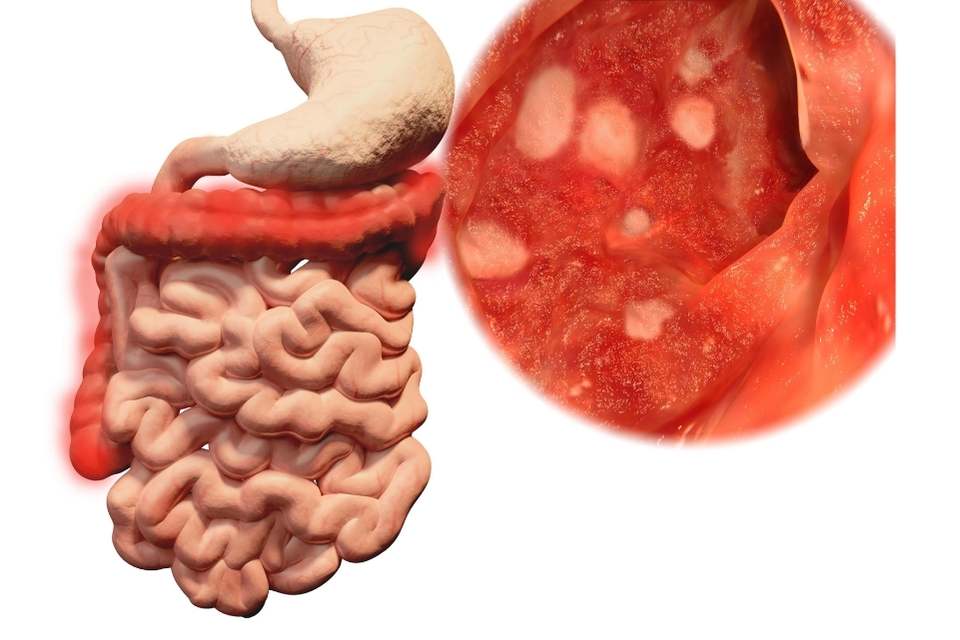
Crohn’s Disease
Crohn's disease is an inflammatory bowel disease (IBD). It causes inflammation of your digestive tract, which can lead to abdominal pain, severe diarrhea, fatigue, weight loss and malnutrition. Inflammation caused by Crohn's disease can involve different areas of the digestive tract in different people. The inflammation caused by Crohn's disease often spreads deep into the layers of affected bowel tissue. Crohn's disease can be both painful and debilitating, and sometimes may lead to life-threatening complications. While there's no known cure for Crohn's disease, therapies can greatly reduce its signs and symptoms and even bring about long-term remission. With treatment, many people with Crohn's disease are able to function well.
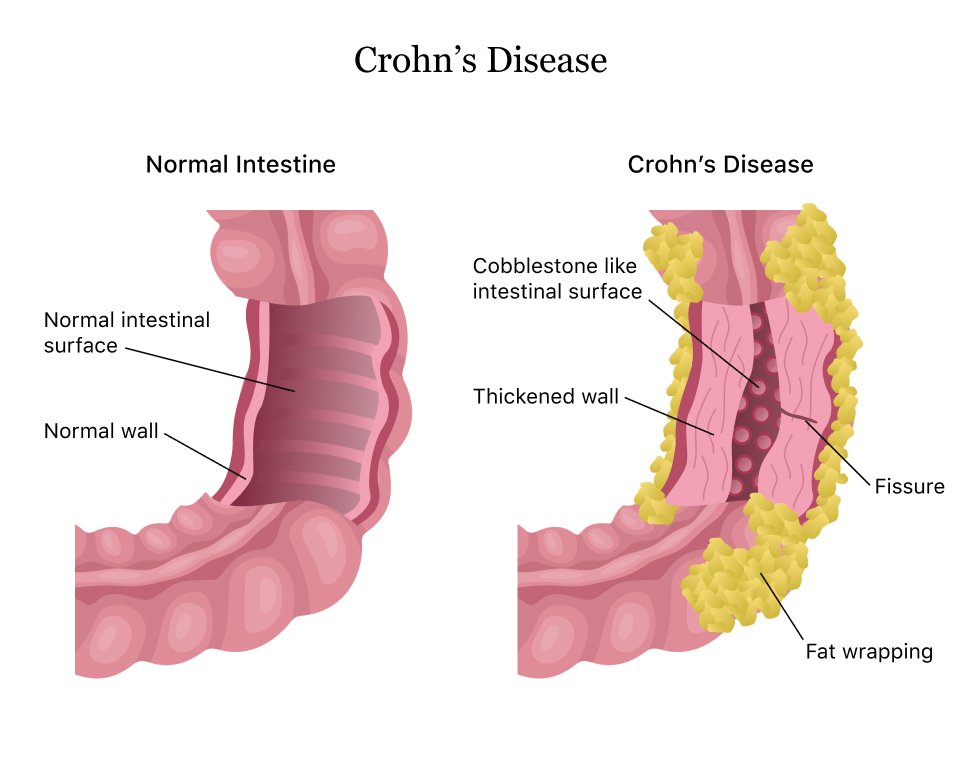
Fatigue
Fatigue is a term used to describe an overall feeling of tiredness or lack of energy. It isn’t the same as simply feeling drowsy or sleepy. When you’re fatigued, you have no motivation and no energy. Being sleepy may be a symptom of fatigue, but it’s not the same thing. Fatigue is a common symptom of many medical conditions that range in severity from mild to serious. It’s also a natural result of some lifestyle choices, such as lack of exercise or poor diet. If your fatigue doesn’t resolve with properrest and nutrition, or you suspect it’s caused by an underlying physical or mental health condition, see your doctor. They can help diagnose the cause of your fatigue and work with you to treat it.

Flatulence
Flatulence is a buildup of gas in the digestive system that can lead to abdominal discomfort. Most people experience flatulence. Excessive flatulence can cause discomfort and distress. It often occurs as the result of eating certain foods, but it can be a sign of a more serious condition. In most cases, a change of diet and lifestyle can help control excessive Flatulence.
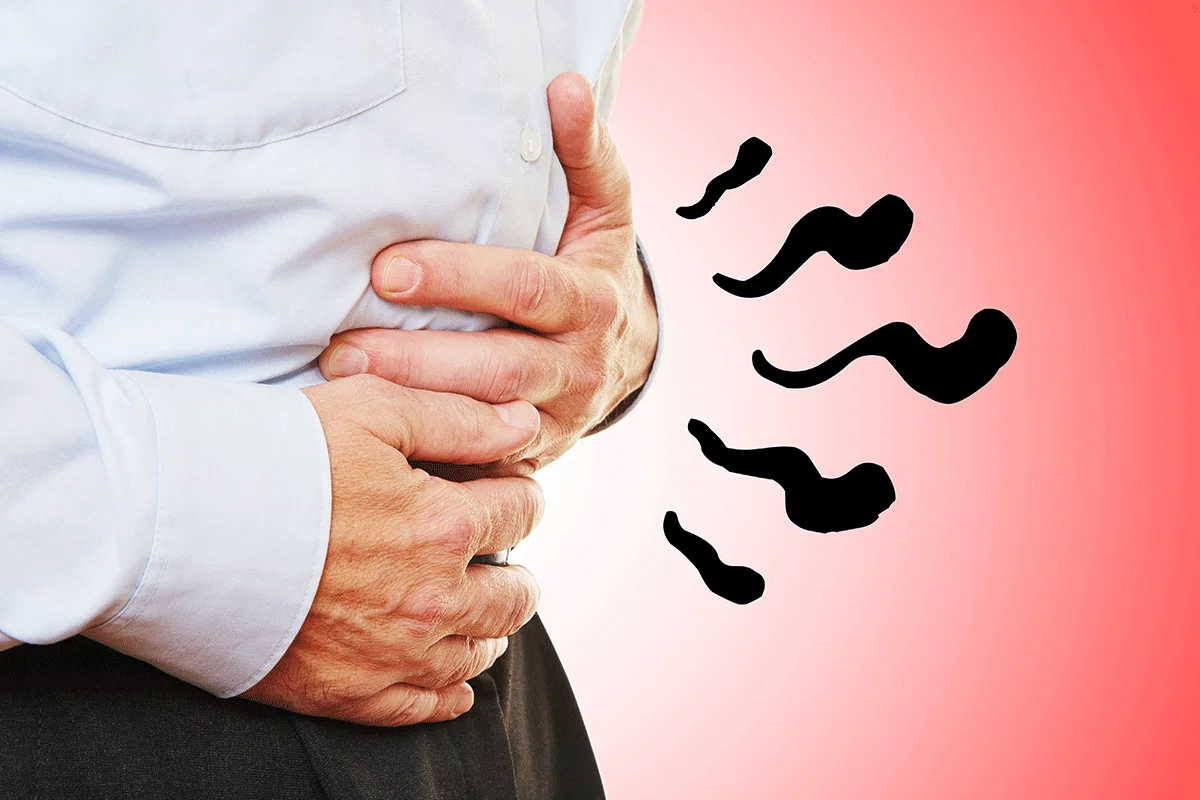
Jaundice
“Jaundice” is the medical term that describes yellowing of the skin and eyes. Jaundice itself is not a disease, but it is a symptom of several possible underlying illnesses. Jaundice forms when there is too much bilirubin in your system. Bilirubin is a yellow pigment that is created by the breakdown of dead red blood cells in the liver. Normally, the liver gets rid of bilirubin along with old red blood cells. The color ofthe skin and whites of the eyes will vary depending on levels of bilirubin.
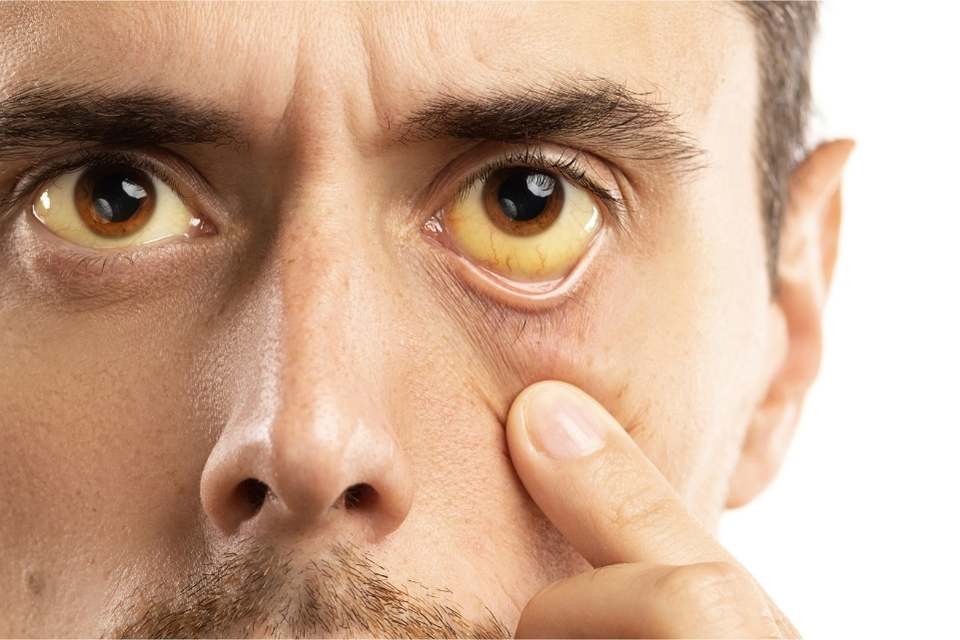
Ano-rectal
Anorectal disease refers to ailments of the anus and/or rectum. The most common conditions include hemorrhoids, anal warts, anal fissures, anorectal abscesses and anal fistulas.
Hemorrhoids develop when tissues of the rectum and anus become swollen and inflamed. Hemorrhoids can be located inside the anus (internal hemorrhoids) or in the area surrounding the anus (external).
Anal fissures are small tears in the lining of the anus. These tears can be caused by hard, dry bowel movements, diarrhea and inflammation. Symptoms include itching, pain and bleeding. Surface fissures heal on their own, but deeper fissures may involve the underlying sphincter muscle in the anal canal and not heal properly.
Anorectal Abscess When anal glands become infected, bacteria or fecal matter can enter surrounding tissues and create an anorectal abscess. This infection around the anus or rectum is filled with pus and causes pain, swelling, skin irritation and fever.
Anal Fistula Roughly half of all anorectal abscesses develop into a fistula, an abnormal channel that links infected anal glands to the opening of the skin around the anus. After the abscess has been drained, the passage between the anal gland and the opening in the skin may not always heal. Recurring drainage through the channel can cause fistula formation.
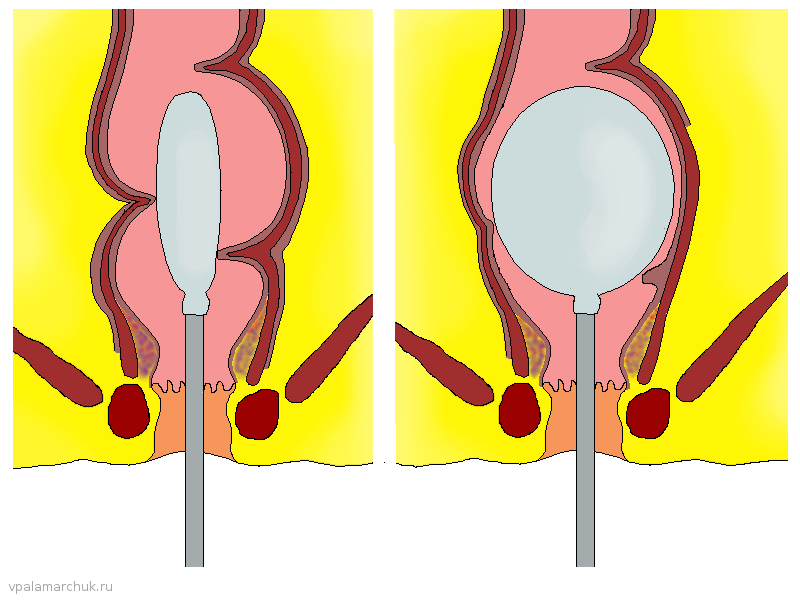
Irritable Bowel Syndrome (IBS)
Irritable bowel syndrome (IBS) is a common disorder that affects the large intestine. Signs and symptoms include cramping, abdominal pain, bloating, gas, and diarrhea or constipation, or both. IBS is a chronic condition that you'll need to manage long term. Only a small number of people with IBS have severe signs and symptoms. Some people can control their symptoms by managing diet, lifestyle and stress. More-severe symptoms can be treated with medication and counseling. IBS doesn't cause changes in bowel tissue or increase your risk of colorectal cancer.

Hyperacidity
Hyperacidity simply means an increased level of acid in the stomach. The stomach secretes Hydrochloric Acid, a digestive juice that breaks down food particles into their smallest form to aid digestion. When there is an excessive amount of hydrochloric acid in the stomach, the condition is known as Hyperacidity
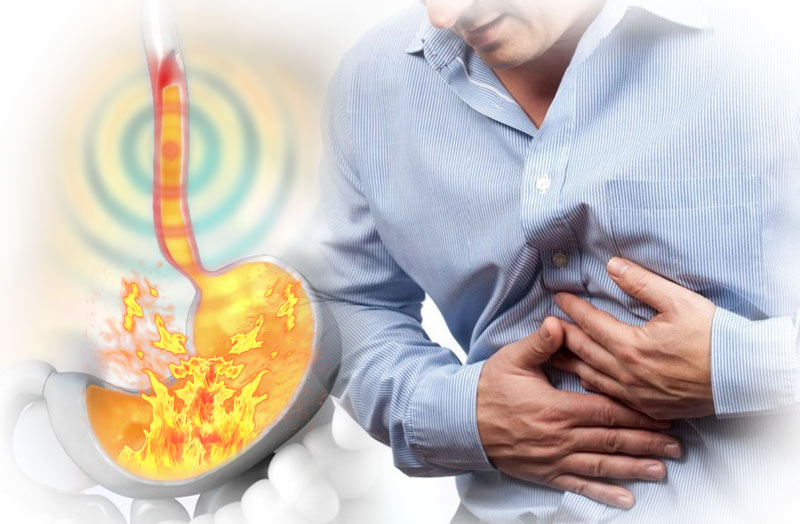
Constipation
Constipation refers to bowel movements that are infrequent or hard to pass. The stool is often hard and dry. Other symptoms may include abdominal pain, bloating, and feeling as if one has not completely passed the bowel movement. Complications from constipation may include hemorrhoids, anal fissure or fecal impaction. The normal frequency of bowel movements in adults is between three per day and three per week.
